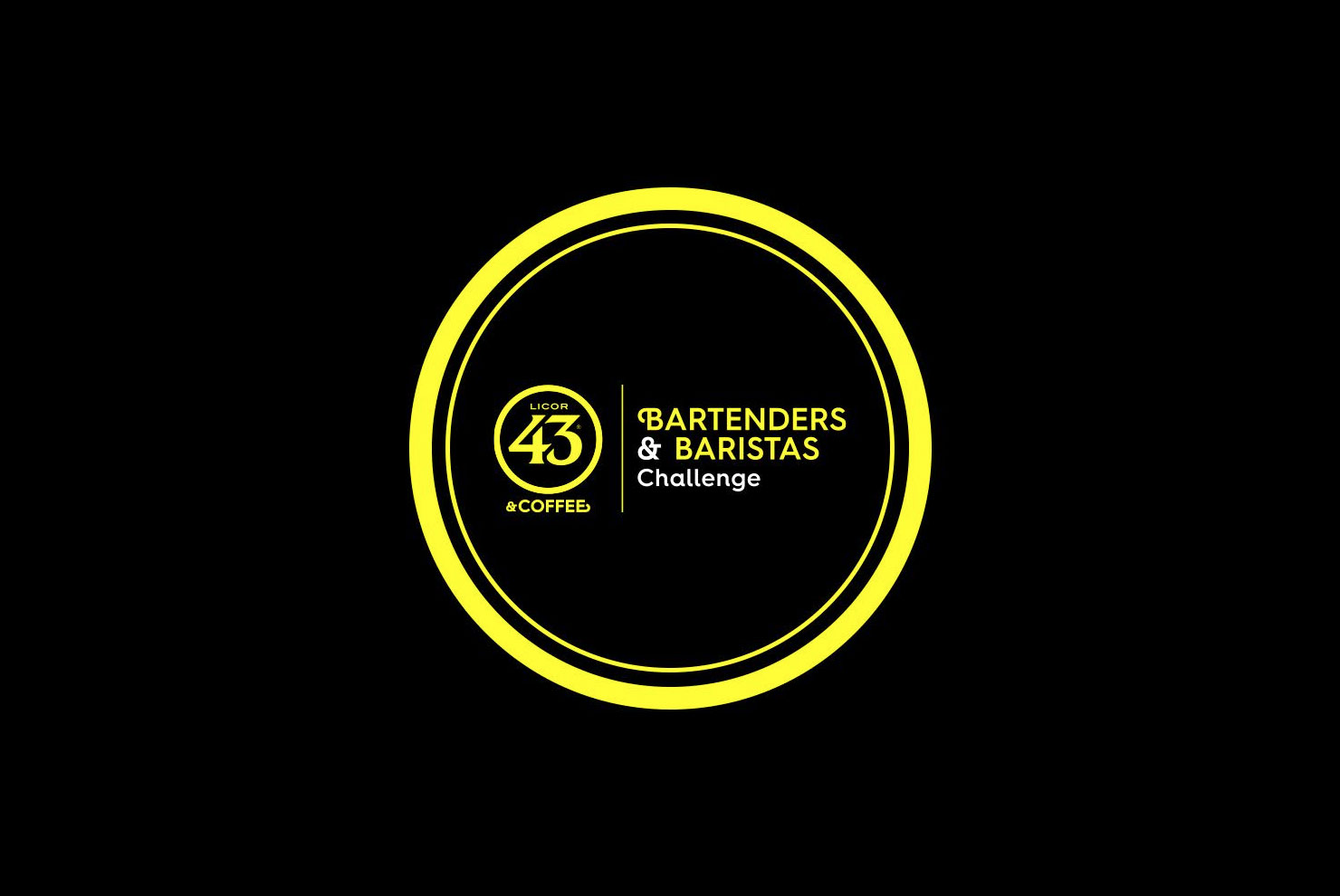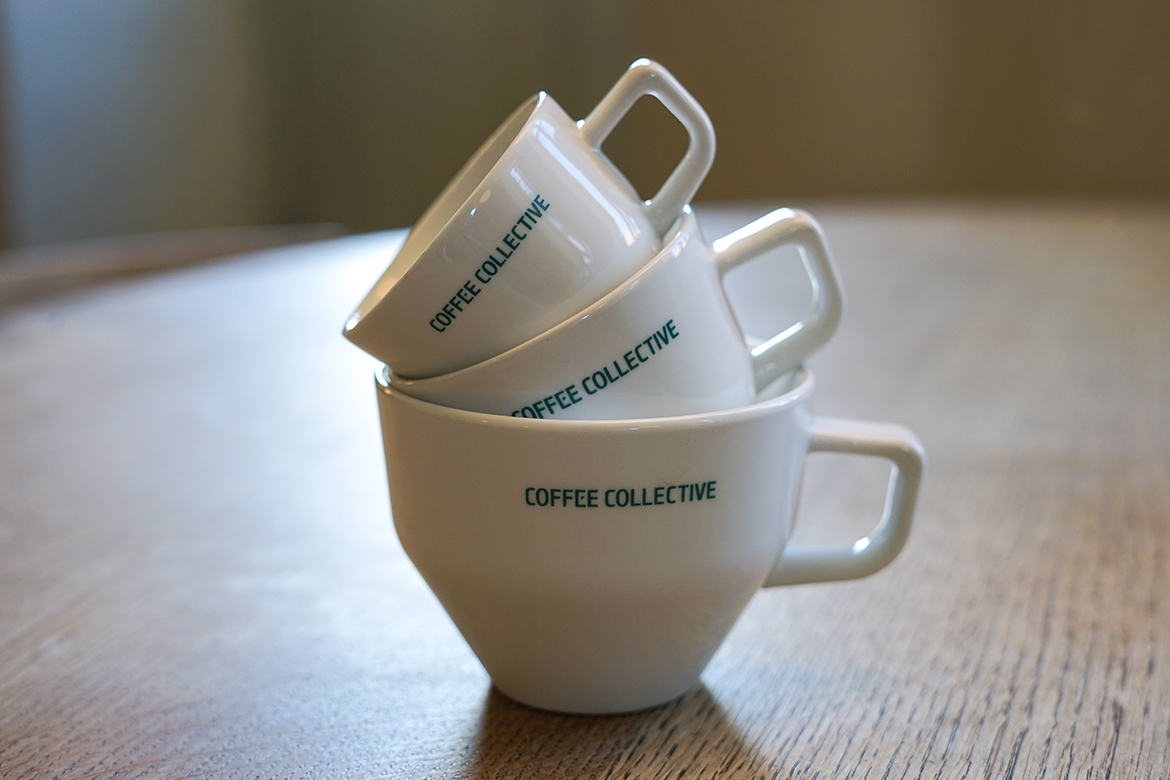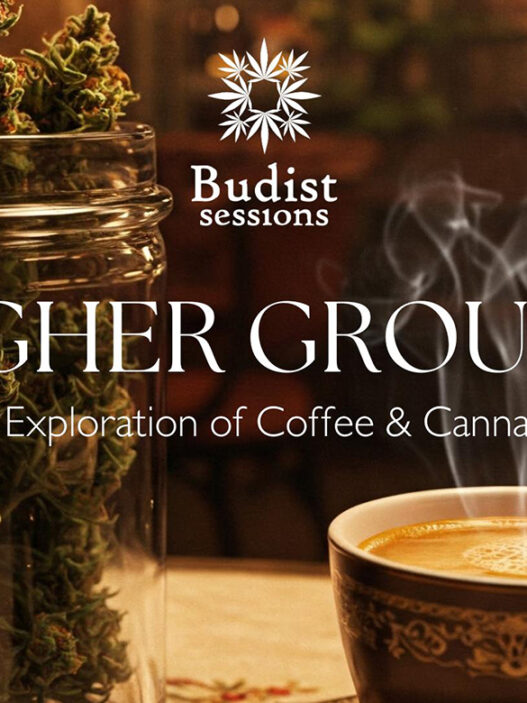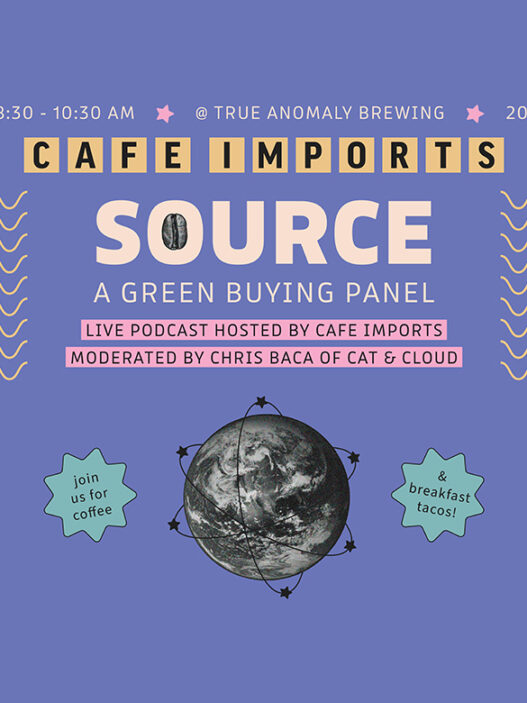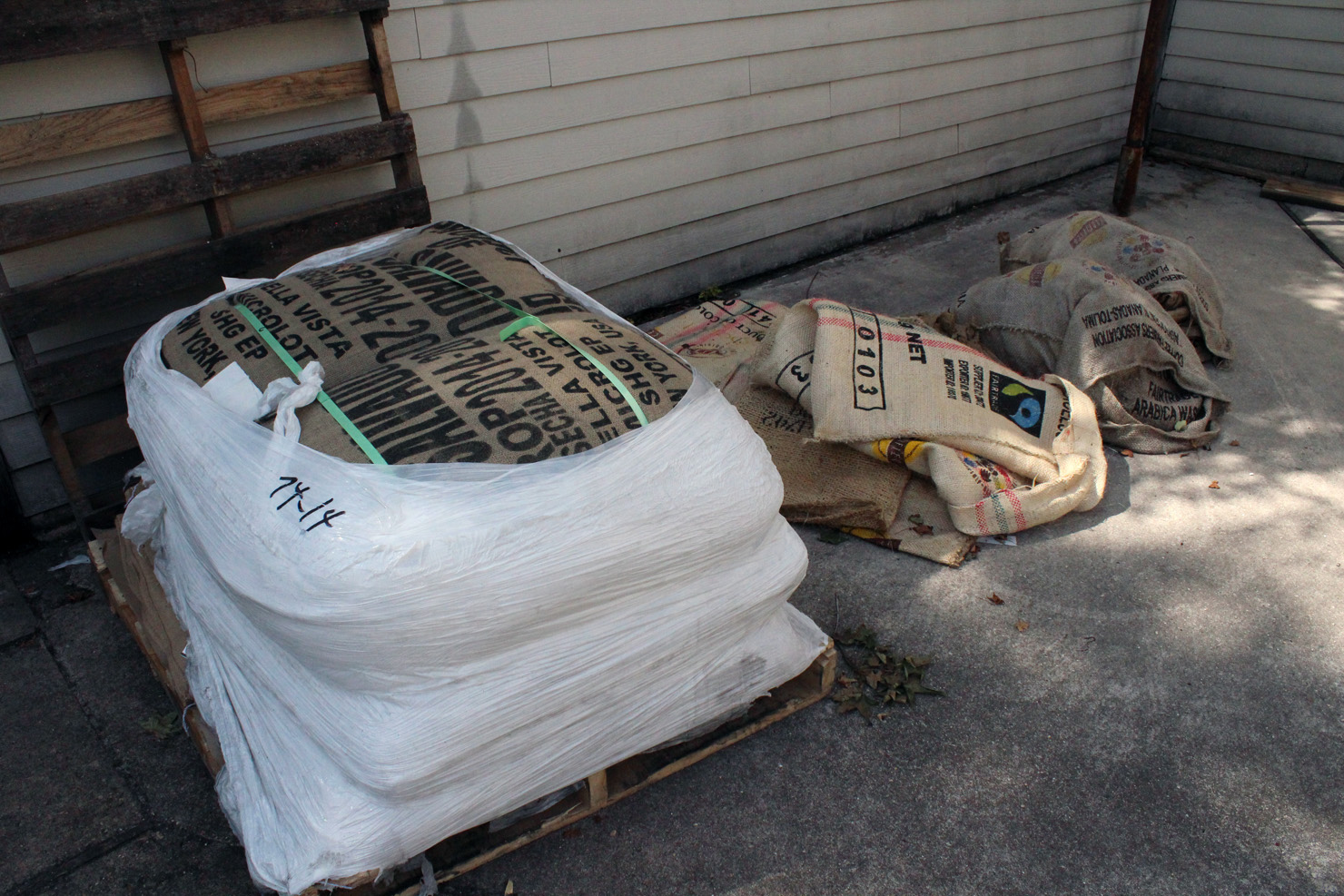It’s that time of year, our semi–annual check-in on what appears to be a mounting volume of questionable claims Atomo is somehow allowed to make to national news publications. Atomo, for those who are unaware, is a Seattle-based tech company making “molecular coffee”—it’s coffee grown in a lab, and contains no actual coffee. Our editorial opinion is that we hate it—that’s fine, it’s nothing personal, we just care about coffee farmers more than we do a Seattle tech company—but what we really hate is what reads to us like greenwashing pseudo-journalism, the kind that seems to follows Atomo around like a millennial student loan.
The latest in-our-opinion less-than-scrupulous in-fact-rather-batshit article—in Slack we called it “perhaps the worst coffee article of the decade” (it’s still early in the 2020s we know)—comes thanks to Bloomberg, more specifically Bloomberg Green, the eco arm of the multinational news syndicate. The article desperately needs critique, which we will now provide in line with our rights under the First Amendment, still currently in place—or at least until Seattle and San Francisco secede from the union and form a VC-backed TechnoState with a “no mean business editorials” statute. (People actually want to do this.)
Ahem.
“We like to think of ourselves as the Tesla of coffee,” said [Atomo co-founder Jarret] Stopforth.
Every tech startup is the Tesla of something or other. Sprudge is the Tesla of coffee websites, obviously, and you are the Tesla of Sprudge readers. Also, I’m not sure if you’ve been keeping up with the news lately, but being the Tesla of something isn’t really the compliment it used to be. Time to update that press quote, Jarret! If someone tells you they’re the Tesla of Tinder dates, run.
“Before Atomo, if you wanted coffee that wasn’t linked to deforestation, you had no choice. Now you do.”
Excuse me, what? Linking all coffee production worldwide to undefined “deforestation” is, in our opinion, nonsense. The follow-up claim—”as temperatures continue to rise and growers move their farms in search of cooler temperatures, rates of deforestation rise” is in need of critique. There are many, many coffee producers around the world who work ethically and ecologically in tune with the land, practicing regenerative agriculture and syntropic farming, cropping multiple varieties, and protecting their farms for future generations. To blanket assert that all coffee is “linked to deforestation” aside from Atomo is, in our opinion, disingenuous and wrong. Bloomberg should, in our opinion, consider retracting or modifying this claim—we feel it’s frankly wild they published it to begin with.
The claim that growers moving their farms leads to higher rate of deforestation requires a little more unpacking. It’s true that climate change is causing serious issues for coffee farmers around the world. Are we then to conclude Atomo’s plan is to put those farmers out of business so they don’t have to move their farms? And… then what? Don’t think too hard about it? In the end, fuck ’em?
Will Atomo be donating its profits back to the coffee producers whose work it aims to disrupt?
While there are numerous certifications available to show that products are sustainably sourced, the lack of a unified standard with transparent metrics leaves the door wide open for fraud from producers and mistrust from consumers.
While there are certainly problems with certification programs in the coffee industry—they are businesses remember, and as such are set up to turn a profit—Elon Musty from Atomo over here is making what appear to be hand-waiving and unsubstantiated claims of fraud against [checks note] coffee producers?! As though there is some vast problem of coffee farmers committing fraud on consumers? We are aware of no such epidemic of coffee producer or coffee farmer fraud. Bloomberg does nothing to back this claim up, provides zero examples of “fraud from producers”, and lets the allegation waft there like a stinky fart with no responsibility taken.
These are the only mentions of coffee producers in the entire article—linking them to deforestation and fraud.
Unlike meat and dairy, coffee doesn’t have a standard of identity regulated by the Food and Drug Administration, which means it doesn’t have to come from a particular place, or even a particular plant.
That’s because it comes from farmers all around the world, and is an imported product, not because it’s rife with fraud or lies from the producers. This is, in our opinion, an epic false equivalency from Bloomberg within an article built on what appear to be numerous shaky, unchecked claims and assertions. Multiple parts of this article would fail to meet our editorial standards at Sprudge, and we’re Sprudge, a comparatively tiny coffee publication that regularly writes about pee-pee and poo-poo, not Bloomberg, a diversified media juggernaut worth billions.
“We anticipate there will be legal challenges around the naming of our coffee,” [co-founder Andy Kleitsch] said, but that won’t stop them from labelling it as such. “We are challenging norms and disrupting big giants.”
This is more “We’re the Tesla of whatever” business school speak, and if that seems like punching down on business schools, Bloomberg goes on to quote a Seattle grocery store owner who is considering stocking Atomo at her shop because she met one of the dudes behind it at business school. This news—a friend of the company might eventually stock the product—appears to be the entire hook of the piece, which otherwise contains no new information since the last time we heard from Atomo. It does, however, namecheck the vast venture funds that are invested in Atomo, including Horizons Ventures and S2G Ventures, whose various efforts have been covered extensively in other Bloomberg articles.
Enormous venture funds: if you are interested in getting involved in the specialty coffee space, and perhaps would like to do so without appearing to kneecap 28 million farmers whose financial situation is already precarious, there are many, many projects in the worldwide coffee sphere in need of backing.
Climate change is real. The future livelihoods of coffee farmers and the wider coffee industry are an open question. The existential dread is palpable. But the answer is not, and cannot, be to say “welp fuck the farmers let’s grow it in a lab.” Not even Tesla is that seemingly heartless. Bloomberg Green needs to look a little deeper.
Zac Cadwalader is the managing editor at Sprudge Media Network and a staff writer based in Dallas. Read more Zac Cadwalader on Sprudge.
Jordan Michelman contributed to this editorial.
This feature is an editorial. The opinions, beliefs and viewpoints expressed by the various authors do not necessarily reflect the opinions, beliefs and viewpoints of Dolcepump LLC DBA Sprudge.












